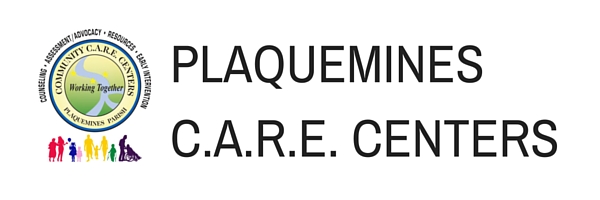Make Summer Safe for Kids
/Summer is a great time for kids to enjoy different indoor and outdoor activities. Whether they are young children or teens, kids can keep safe and healthy while they enjoy the summer fun.
The National Safe Kids Campaign estimates that every year, one in four kids ages 14 and younger will sustain an injury that requires medical attention. Forty percent of all injury-related emergency room visits and 42 percent of all injury deaths happen between May and August, they report, but it's not all bad news. We can keep kids free from about 90 percent of these accidents by educating ourselves and our kids on how to stay safe while still enjoying summer vacation.
























